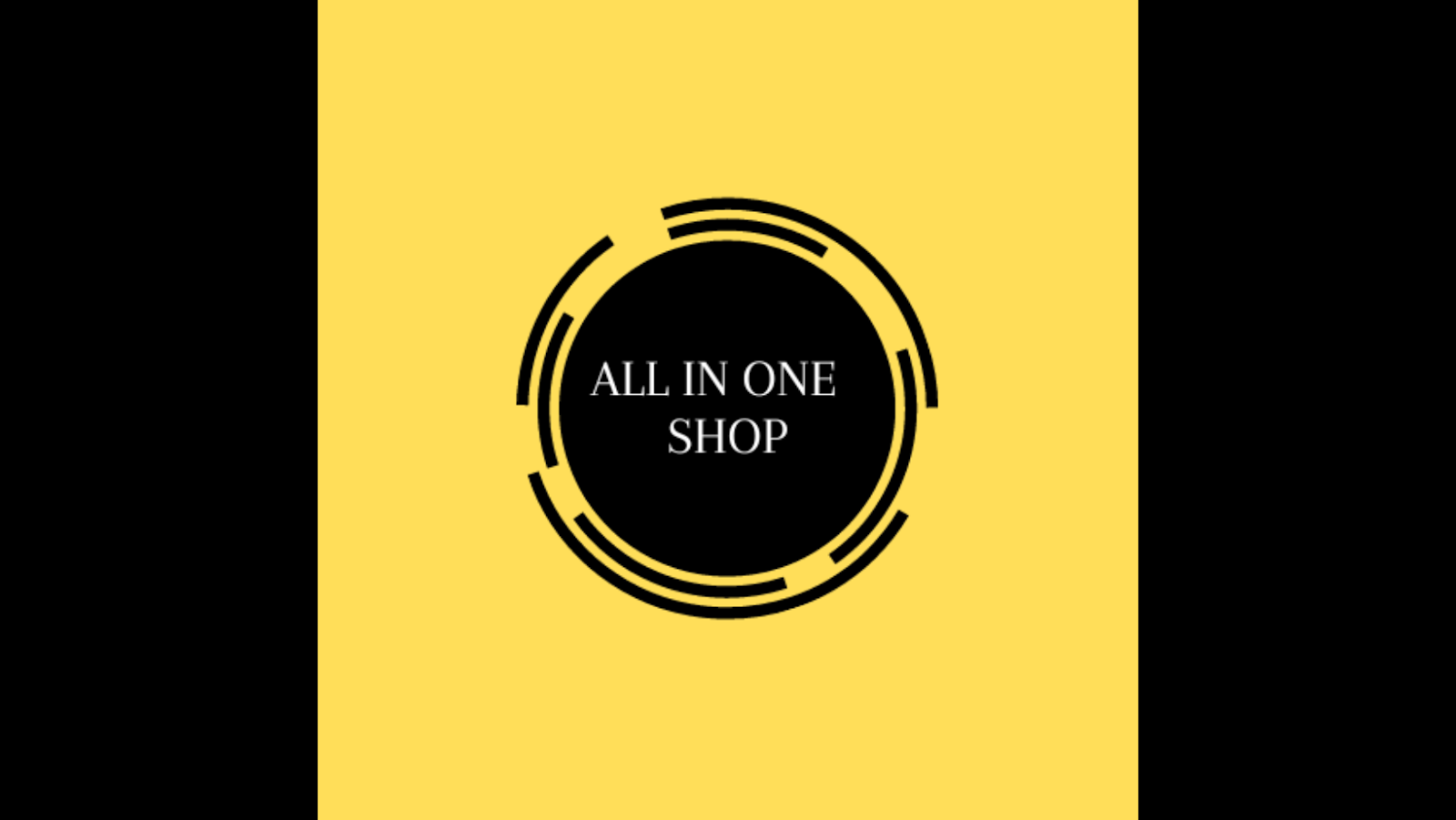Beginner's Guide to Learning Digital Marketing
Digital marketing has become an indispensable aspect of business growth in today's digital age. Whether you're a business owner looking to expand your online presence or an individual seeking to build a career in digital marketing, understanding its fundamentals is crucial. This beginner's guide aims to provide you with a comprehensive overview of digital marketing, covering essential concepts, strategies, and resources to kickstart your journey.
Introduction to Digital Marketing
What is digital marketing?
Computerized showcasing incorporates all advertising endeavors that use electronic gadgets and the web to reach and draw in crowds. It includes various online channels such as websites, search engines, social media platforms, email, and mobile apps.
Importance of digital marketing in today's world
In an undeniably digitalized world, shoppers are investing more energy online than at any other time in recent memory. Digital marketing allows businesses to connect with their target audience in real time, create personalized experiences, and measure the effectiveness of their campaigns accurately.
Understanding the Basics
Different components of digital marketing
Digital marketing comprises a wide range of components, including content marketing, search engine optimization (SEO), social media marketing, email marketing, pay-per-click (PPC) advertising, and analytics.
Importance of having a digital presence
Having a strong digital presence is essential for businesses to remain competitive in the digital landscape. It helps establish brand credibility, reach a global audience, and drive traffic and conversions.
Setting Your Goals
Defining your objectives
Before diving into digital marketing, it's crucial to define your goals and objectives. Whether it's rising image mindfulness, creating leads, or driving deals, having clear targets will direct your computerized showcasing endeavors.
SMART goals for digital marketing
Shrewd objectives are explicit, quantifiable, reachable, pertinent, and time-bound. They provide a framework for setting realistic objectives and tracking your progress effectively.
Creating a Digital Strategy
Identifying your target audience
Understanding your target audience is key to creating a successful digital marketing strategy. Conduct market research to identify their demographics, preferences, and pain points.
Choosing the right digital channels
Not all digital channels are suitable for every business. Choose the ones that align with your objectives and target audience preferences. Whether it's social media, email, or search engines, focus on channels that offer the best ROI.
Content Marketing
Importance of content in digital marketing
Content is at the heart of digital marketing. It helps attract and engage audiences, build brand authority, and drive conversions. Quality content resonates with your target audience and encourages them to take action.
Creating engaging and valuable content
While making content, center around offering some benefit to your crowd. Whether it's informative blog posts, entertaining videos, or interactive infographics, aim to solve their problems and address their needs.
Search Engine Optimization (SEO)
Basics of SEO
Web optimization is the most common way of advancing your site to rank higher in web search tool results pages (SERPs). It involves keyword research, on-page optimization, link building, and technical SEO.
On-page and off-page optimization techniques
On-page optimization refers to optimizing individual web pages to rank higher and earn more relevant traffic. Off-page optimization, on the other hand, involves building backlinks and improving the website's authority and credibility.
Social Media Marketing
Leveraging social media platforms
Social media platforms offer unparalleled opportunities for businesses to connect and engage with their audience. From Facebook and Instagram to LinkedIn and Twitter, choose platforms where your target audience is most active.
Engaging with your audience
Answer remarks, messages, and notices quickly, and encourage significant discussions with your crowd. Encourage user-generated content and share behind-the-scenes glimpses of your brand.
Email Marketing
Building an email list
Email promoting stays one of the best advanced showcasing channels. Build an email list by offering valuable incentives such as discounts, exclusive content, or free resources in exchange for email subscriptions.
Crafting effective email campaigns
When crafting email campaigns, personalize your messages based on subscriber preferences and behaviors. Segment your email list to deliver targeted content and maximize engagement. A/B tests different subject lines, CTAs, and content formats to optimize your campaigns for better results.
Pay-Per-Click (PPC) Advertising
Understanding PPC
PPC advertising allows businesses to display ads on search engines and other digital platforms and pay a fee each time their ad is clicked. It's a cost-effective way to drive targeted traffic to your website and generate leads or sales.
Setting up and managing PPC campaigns
When setting up PPC campaigns, conduct keyword research to identify relevant search terms and create compelling ad copy that resonates with your target audience. Monitor your campaigns regularly, analyze performance metrics, and optimize your ads for better ROI.
Analytics and Measurement
Importance of tracking and analyzing data
Analytics play a crucial role in digital marketing success. Track key metrics such as website traffic, conversion rates, and customer acquisition cost to measure the effectiveness of your campaigns and make data-driven decisions.
Tools for measuring digital marketing efforts
There are various tools available for tracking and analyzing digital marketing efforts, including Google Analytics, Google Search Console, and social media analytics tools. Use these tools to gain insights into audience behavior, campaign performance, and ROI.
Learning Resources
Online courses and certifications
There are numerous online courses and certifications available for individuals looking to learn digital marketing. Platforms like Coursera, Udemy, and HubSpot Academy offer comprehensive courses covering various aspects of digital marketing.
Blogs, forums, and communities for digital marketers
Joining digital marketing communities and forums can provide valuable insights, support, and networking opportunities. Follow industry blogs, participate in discussions, and engage with fellow marketers to stay updated on the latest trends and best practices.
Putting Your Knowledge into Practice
Internships and practical experience
Hands-on experience is invaluable in digital marketing. Consider pursuing internships or freelance opportunities to gain practical experience and build your portfolio. Apply your knowledge to real-world projects and campaigns to refine your skills.
Building a portfolio
A strong portfolio showcases your skills and expertise to potential employers or clients. Include examples of your work, such as blog posts, social media campaigns, and SEO case studies, to demonstrate your capabilities and achievements.
Staying Updated
Importance of staying abreast of industry trends
The advanced promoting scene is continually developing, with new innovations, stages, and methodologies arising consistently. Stay updated on industry trends, algorithm changes, and best practices to remain competitive and relevant.
Continuous learning in digital marketing
Computerized promoting is a powerful field that requires persistent learning and transformation. Invest in your professional development by attending webinars, workshops, and conferences, and seek opportunities to expand your skill set and knowledge base.
Overcoming Challenges
Common hurdles faced by beginners
Starting a career in digital marketing can be challenging, with obstacles such as limited experience, intense competition, and rapidly changing algorithms. Be that as it may, with tirelessness and assurance, you can conquer these difficulties and make progress.
Strategies to overcome challenges
Focus on honing your skills, building a strong network, and staying adaptable in the face of challenges. Seek mentorship from experienced professionals, continuously learn and experiment with new strategies, and don't be afraid to fail and learn from your mistakes.
Conclusion
In conclusion, embarking on a journey to learn digital marketing can be both exciting and rewarding. By understanding the fundamentals, honing your skills, and staying updated on industry trends, you can build a successful career or business in this dynamic field.
FAQs
- Is digital marketing suitable for beginners?Yes, digital marketing offers various entry points and opportunities for beginners to learn and grow.
- Do I need a background in marketing to learn digital marketing?While a background in marketing can be beneficial, it's not a prerequisite for learning digital marketing. Anyone with a passion for learning and a willingness to adapt can succeed in this field.
- How long does it take to learn digital marketing?The duration to learn digital marketing varies depending on individual learning pace, prior experience, and the depth of knowledge you wish to acquire. However, with dedication and consistent effort, you can acquire essential skills within a few months.
- What are some essential skills for a career in digital marketing?Essential skills for a career in digital marketing include analytical thinking, creativity, communication skills, technical proficiency, and the ability to adapt to change.
- Are there any free assets accessible for learning advanced advertising?Yes, there are many free resources available, including online tutorials, blogs, webinars, and forums. Platforms like Google Digital Garage and HubSpot offer free courses covering various aspects of digital marketing.





(1).png)







.png)
.png)




.png)






0 Comments